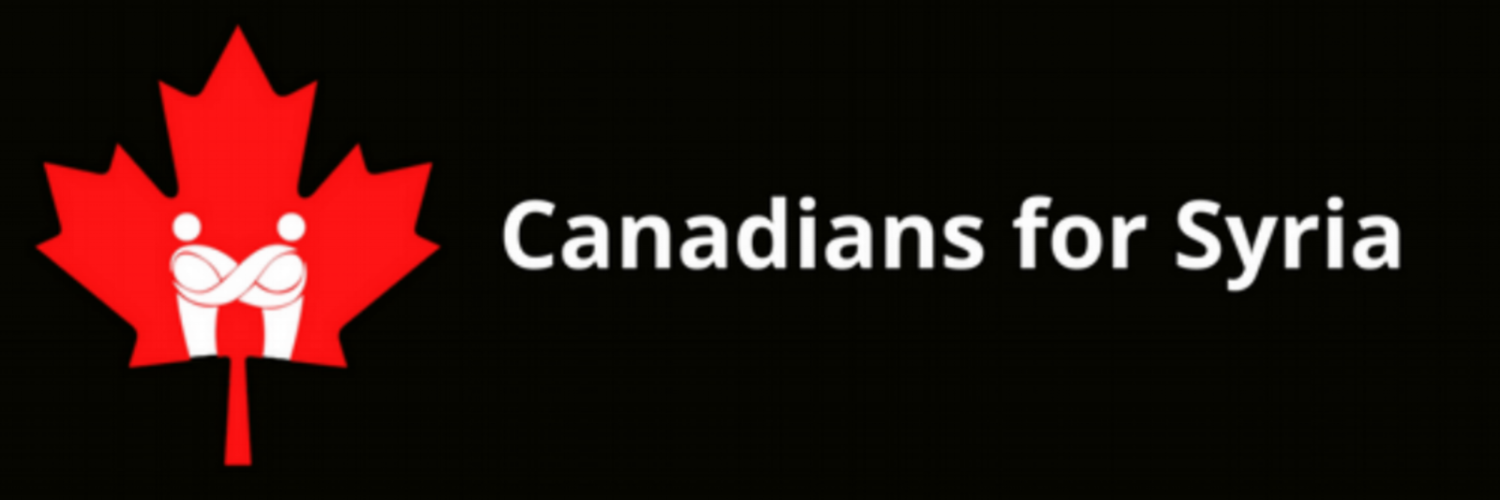In 2011, Canada was hesitant to open its doors to refugees, with the Conservative government of Stephen Harper accepting only 2,400 refugees before 2015.
Unfortunately, it took the picture of 3-year-old Alan Kurdi, a Syrian refugee found dead on a Turkish beach. Alan's father, who had lost his family to the crisis, blamed the Canadian government for their deaths, as his family's refugee application had been denied despite five Canadian families having agreed to financially support the family.
This event led the elected Liberal government under Justin Trudeau to act upon promises to increase the intake of refugees by 25,000. A specific focus has been put on Syrian refugees, with approximately 45,000 Syrian refugees being welcomed to Canada between 2015 and 2019.
Alan Kurdi, a 3-year-old Syrian refugee whose family was not accepted by the Canadian government, drowned when the boat he was crossing the Mediterranean Sea on capsized. Source: Macleans
Here is an explanation of how the Canadian government, Canadian organizations, and private Canadian citizens can help refugees:
1) Government Assisted Refugees
The United Nations High Commissioner for Refugees, or UNHCR, determines refugee cases that fit conditions for resettlement. These refugees are then referred to the Canadian government where they assess whether the refugees are in need.
The average processing time for a Syrian refugee is 21 months. Approximately 50 percent of Syrian refugees in Canada are sponsored by the government, providing them with government-funded financial support for one year.
2) Privately Sponsored Refugees
In general, there are three primary types of private sponsors:
a) Group of Five
This program allows five or more Canadian citizens to collectively sponsor a Syrian refugee. They are responsible for supporting the Syrian refugee for at least one year.
For more detail on the private sponsorship process, click here.
b) Sponsorship Agreement Holders (SAHs)
SAHs are community organizations that are recognized and approved by the Canadian government to sponsor refugees. They are required to provide support for the refugee for at least one year. These organizations have immense experience with resettling refugees and are great to support, for instance Canadians for Syria works closely with the Islamic Foundation of Toronto. To find a SAH near you, click here.
c) Community Sponsors
Community organizations can also apply to become a Community Sponsor of a refugee, but SAHs in general have more experience working with refugees. In addition, SAHs are legally incorporated organizations and have signed an agreement with the Canadian government.
In January of 2017, the Government of Canada stated that the 2017 limit on Syrian and Iraqi refugees that may be privately sponsored through the Group of Five and Community Sponsor programs had been reached. This was met with immense criticism, since many Canadians were willing and able to financially support additional refugees.
Today, due to the lengthy process that the government takes to process refugee applications, there is still a massive backlog of refugees waiting to hear from Canada as to the status of their application.
Despite the Government’s response, we can still work together and provide aid. Instead of a Group of Five sponsorship, Canadians should consider working with a local Sponsorship Agreement Holder (SAH). The government-imposed limit on SAHs for 2017 was 7,500 refugees. Overall, a challenge continues to be the mismatch between the amount of resources available to support refugees and the number of refugees that are allowed into Canada.





